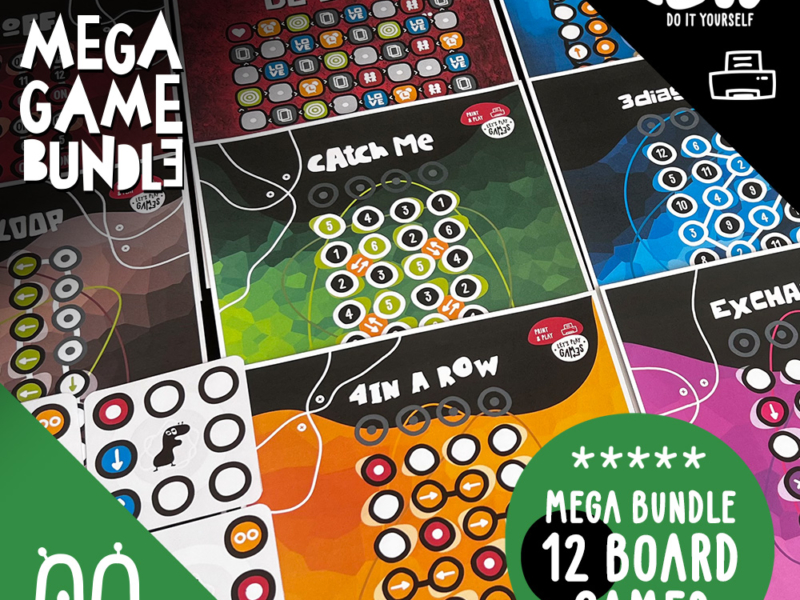
Raising Engaged Learners: Strategies to Keep the Joy of Discovery Alive
Raising Engaged Learners: Strategies to Keep the Joy of Discovery Alive
In a rapidly evolving world, the ability to learn and adapt is more crucial than ever. As parents, you have the unique opportunity to instill a passion for learning in your children, setting them up for success in all areas of life. Whether through home science experiments, music and rhythm games, or meaningful discussions about books, there are countless ways to make learning an exciting and integral part of your child’s life.
Building Curiosity Through Home Science Experiments
Engaging your children in science experiments at home is a wonderful way to deepen their understanding of basic scientific concepts. Using everyday items like dish soap, food coloring, and vinegar, you can explore fascinating phenomena such as chemical reactions, density, and light refraction. For example, you can demonstrate surface tension by making pepper jump on water with soap and black pepper, or show how salt increases water density by floating an egg in saltwater. These activities make learning enjoyable and enhance problem-solving skills and encourage inquisitive thinking.
Playing Music and Rhythm Games
Incorporating music and rhythm games into your child’s daily activities can significantly enhance their auditory skills and memory. These games are fun and reinforce key musical elements like rhythm, melody, and harmony, which are essential for cognitive development. The competitive and collaborative aspects of these games can motivate children to excel and develop teamwork skills, turning learning into an enjoyable and rewarding experience.
Modeling Scholastic Ambition
Demonstrating your own curiosity and enthusiasm for learning is one of the most powerful ways to inspire your child. If you’ve been putting off getting a degree, pursuing an online program gives you the flexibility to achieve your goal while managing other responsibilities. Check this out—earning a degree in psychology allows you to explore the cognitive and emotional processes that shape human behavior, equipping you to support those in need. Best of all, by embracing higher education yourself, you set a strong example for your children, showing them that learning is a lifelong journey.
Playing Board Games with Your Children
Playing board games with your children is a wonderful way to build strong family connections while nurturing essential life skills. These games help kids enhance their critical thinking, problem-solving, and social abilities, such as teamwork and patience. They also provide a great opportunity to unplug from screens and enjoy quality time filled with fun and laughter. To explore a fantastic selection of engaging and educational board games for all ages, check out 8 Doodles and make family game nights even more exciting!
Meaningfully Discussing Books
Engaging in thoughtful discussions about books with your child can significantly enrich their reading experience. Exploring themes and characters together helps them delve deeper into the material, enhancing their comprehension and enjoyment. This approach, often referred to as “verbal processing,” encourages children to express their thoughts and emotions about what they read, making the experience more memorable and impactful. Asking questions before, during, and after reading sessions can ignite their curiosity and critical thinking, helping them relate the story to their own experiences or other books they have encountered.
Developing Communication Through Sports
Encouraging your child to engage in team sports can boost their communication skills. These activities offer a unique opportunity for children to interact with peers from various backgrounds, promoting an appreciation for diverse perspectives and cultures. In team sports, players must work together to strategize and execute plays, which naturally enhances their ability to communicate effectively, both verbally and non-verbally. This environment helps children articulate their thoughts and emotions and teaches them to listen and respond to others, laying the groundwork for strong social relationships.
Involving Learning in Routines
Incorporating learning into your daily routine is a powerful way to demonstrate to children that education extends beyond the classroom and is woven into the fabric of everyday life. By transforming routine activities like commuting or waiting in line into learning opportunities, you can show that knowledge is always within reach. For example, listening to educational podcasts or audiobooks during a commute can turn travel time into a productive learning session. This approach makes learning more engaging and fosters a growth mindset in children, encouraging them to view challenges as opportunities for improvement.
Nurturing a Growth Mindset
To foster a growth mindset in your children, it’s essential to focus on the process of learning rather than just the results. While praising effort is important, research suggests that simply acknowledging effort can sometimes lead teenagers to question their ability to improve their intelligence or skills. Instead, combine praise with specific feedback that illustrates how their hard work contributes to their progress. This approach emphasizes perseverance and helps them see the link between effort and achievement.
By embracing these strategies, you can cultivate an environment where curiosity and a love for learning flourish. Encouraging your children to explore, question, and engage with the world around them will set them on a path of continuous growth and discovery, equipping them with the skills needed to navigate an ever-changing world.
Unleash your creativity and elevate your family fun with 8doodles! Explore our personalized games and discover endless possibilities for learning, bonding, and entertainment.
Article by Courtney Rosenfeld
Courtney started Gig Spark to be a resource and the first step for people who are looking to join the gig economy, either to supplement their income or as a way to fulfill their dreams of becoming an entrepreneur.
Photo by Nappy










